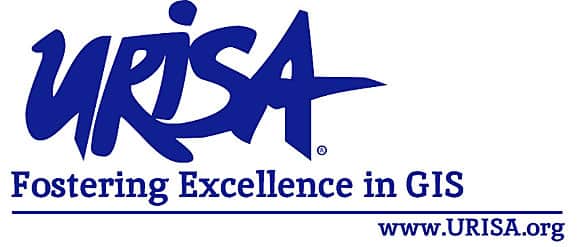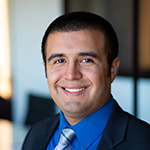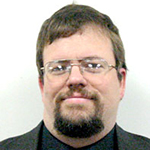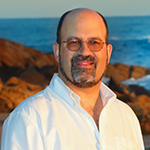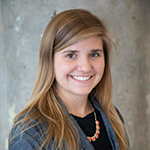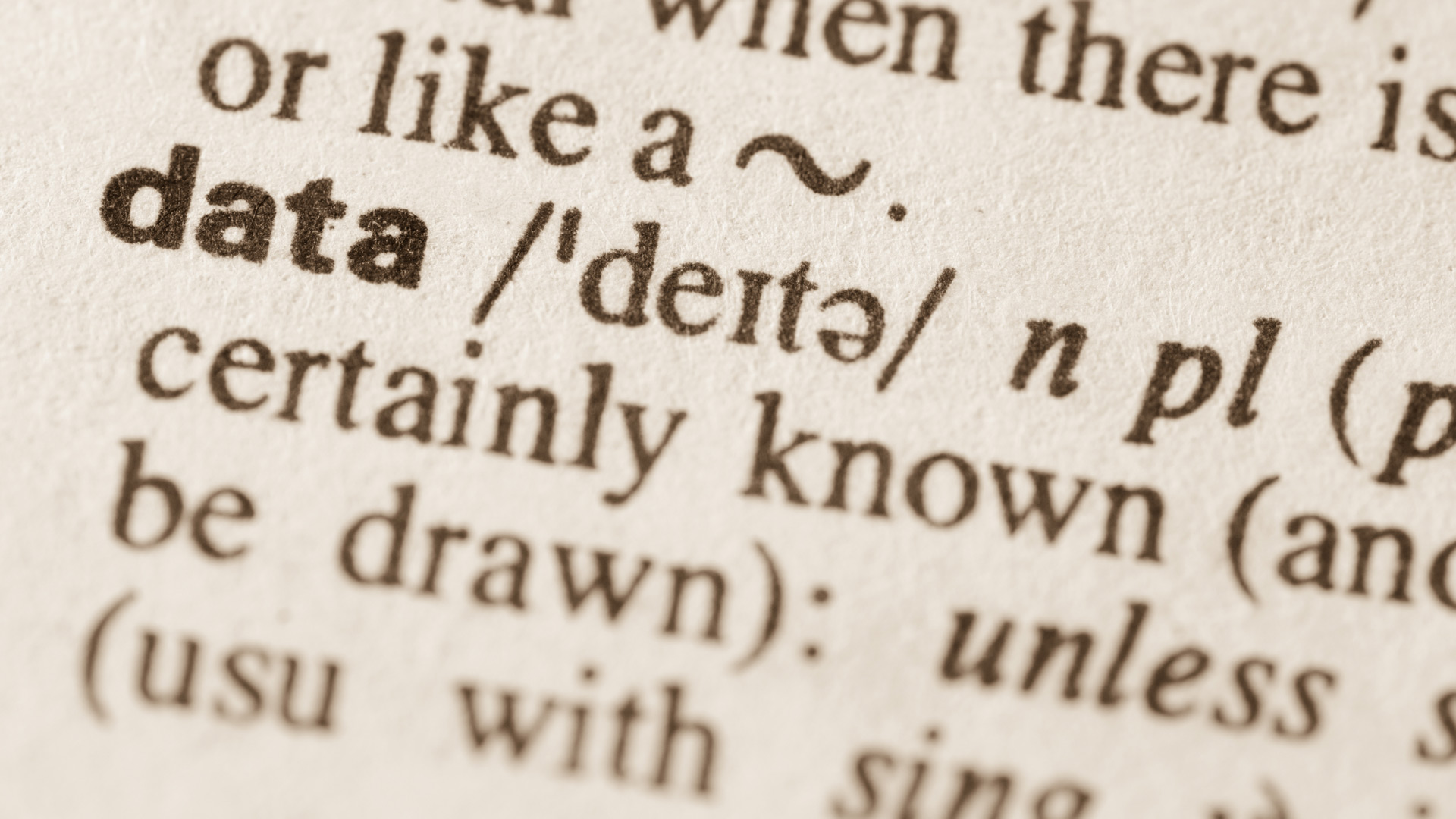Think back to when you first learned about GIS. Perhaps you encountered GIS in school, on the job, or by asking a friend, “What is GIS?” Maybe you got your start by taking a formal college class, participating in a professional training program, or taking an online course.
Those experiences are all incredibly important, but they typically focus on the technical aspects of GIS and how to apply it. How many of those experiences included practical discussions about how to best develop your GIS career?
As in any profession, those who are further along in their GIS careers can offer people who are just starting out valuable insight into how to keep progressing. Mentors often share with their mentees tips on gaining executive support for GIS within an organization, how to effectively plan and budget for GIS projects, and ways to incorporate spatial thinking and location analytics into organizational workflows. These topics are rarely covered in standard GIS courses, but they are essential to thriving in the field of GIS.
Mentorship is one of the most powerful ways to expand one’s professional network, develop a rapport with others in the GIS field, and stay on top of the latest industry trends—gains that both mentors and mentees realize. Finding the right mentoring relationship, however, can be challenging. That is why the Urban and Regional Information Systems Association (URISA) launched the URISA Mentoring Network in 2020. Led by the URISA Vanguard Cabinet, this new mentoring network aims to foster strong connections between geospatial professionals at all stages of their careers.
Mentors Contribute While Building Their Own Skills
For mentors, it is important to realize that mentoring is not just about giving. Serving as a mentor builds skills that are important for current or future GIS managers and other leaders to have, including listening carefully, communicating clearly, and recognizing opportunities that others might not see. The mentor-mentee relationship also enables both participants to learn about new technologies, fresh ways to apply GIS, and emerging research that can inform their decision-making.
One of the most valuable characteristics a leader can have is a passion for helping others reach their potential. When advising a mentee, this might involve helping the person explore employment opportunities, find professional training programs, and join professional organizations. Having regular conversations and sharing advice with mentees can influence their immediate circumstances as well as their longer-term outcomes.
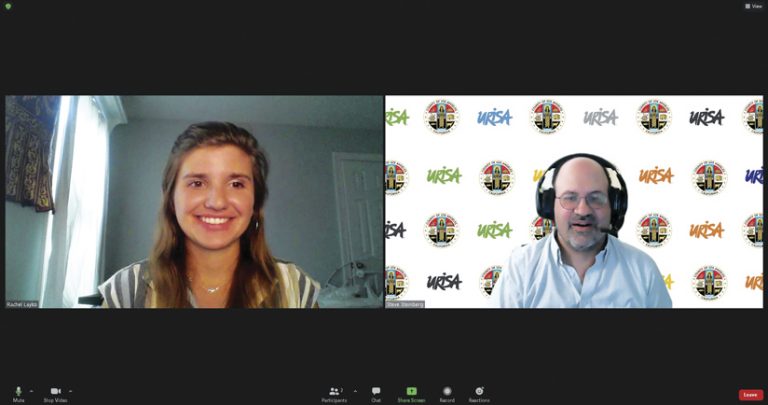
It is so rewarding to witness someone grow professionally and personally, knowing that you have had a role in informing, shaping, and supporting that person’s decision-making. Every mentoring experience is unique and tailored to the needs and abilities of the individuals involved, and each mentorship goes as far as the participants choose to take it. The more a mentor and mentee engage with each other, the more both will get out of the relationship.
How Mentees Can Make the Most of Mentorships
Anyone can benefit from having a mentor, no matter what stage of their career they’re in. Most GIS practitioners hold a variety of roles throughout their professional lives, often at various organizations. Working with a mentor yields countless occasions to learn about and plan for new opportunities.
Seeking a mentor who is at a different level in your chosen field or who works in a different sector altogether can provide valuable perspective for career transitions, whether you want to move up the ladder or switch industries. A mentor may know which skills you should highlight on your résumé, be able to identify shortfalls in your experience, and want to share lessons learned.
Topics that a mentee might want to discuss with a mentor while trying to progress from a GIS technician to a GIS analyst would be very different from topics that are helpful to explore when considering a move into management. Mentees who are at the early stages of their careers may want to focus on how to improve their résumés or enhance their GIS portfolios, while people in the middle of their careers may be interested in learning more about hiring, managing, and evaluating GIS staff or planning, budgeting, and overseeing projects.
Getting perspectives from people who work in various environments can be helpful as well. Mentors can include college or university professors and advisers, coworkers, and other members of professional organizations. Academic mentors can provide recommendations on coursework and internship opportunities that serve as good preparation for entering the workforce. Colleagues can give great advice about navigating company culture and how to get promoted. And mentorship from outside sources like professional organizations can offer insight into what it’s like to work in other sectors or locations.
Drawing on people’s diverse opinions about various work environments, the tools and skills required to succeed, and ways to approach problem-solving can give mentees a broad perspective on the GIS industry. For students transitioning out of the classroom and into the workplace, hearing from a variety of real-world professionals can guide them to great first jobs as GIS practitioners. And for those undergoing career transitions, forming professional relationships with people in other jobs and industries can help inform the decisions they make about their own jobs.
Get Involved in Mentoring Through URISA
URISA’s new mentoring network aims to support mentors and mentees as they work together to accomplish their professional and academic goals, improve each other’s self-esteem, and advance their technical capabilities.
The URISA Mentoring Network offers three, six-month mentorship cohorts each year—two that begin in the spring and one that starts in the fall. After volunteers pair up mentors and mentees based on their interests, skills, location, and more, the program begins with a kickoff event in which mentors, mentees, and members of the Vanguard Cabinet discuss the program structure, expectations, and the goal-setting process. In this meeting, each mentor-mentee pair is provided with resources to use to shape their future conversations.
Over the course of their relationship, mentors and mentees can discuss suggested topics, such as interviewing tips and goal setting, or define their own topics that better suit their objectives. At the end of six months, the pair is welcome to continue their relationship in a way that works for both parties. Mentors are also encouraged to take on new mentees if they want to, and mentees are empowered to then serve as mentors themselves.
To learn more about the URISA Mentoring Network or to register as a mentor or mentee, visit the URISA Mentoring Network hub page. For more information about getting involved, email Rachel Layko, cochair of URISA’s mentoring subcommittee, at layko.rachel@gmail.com.
